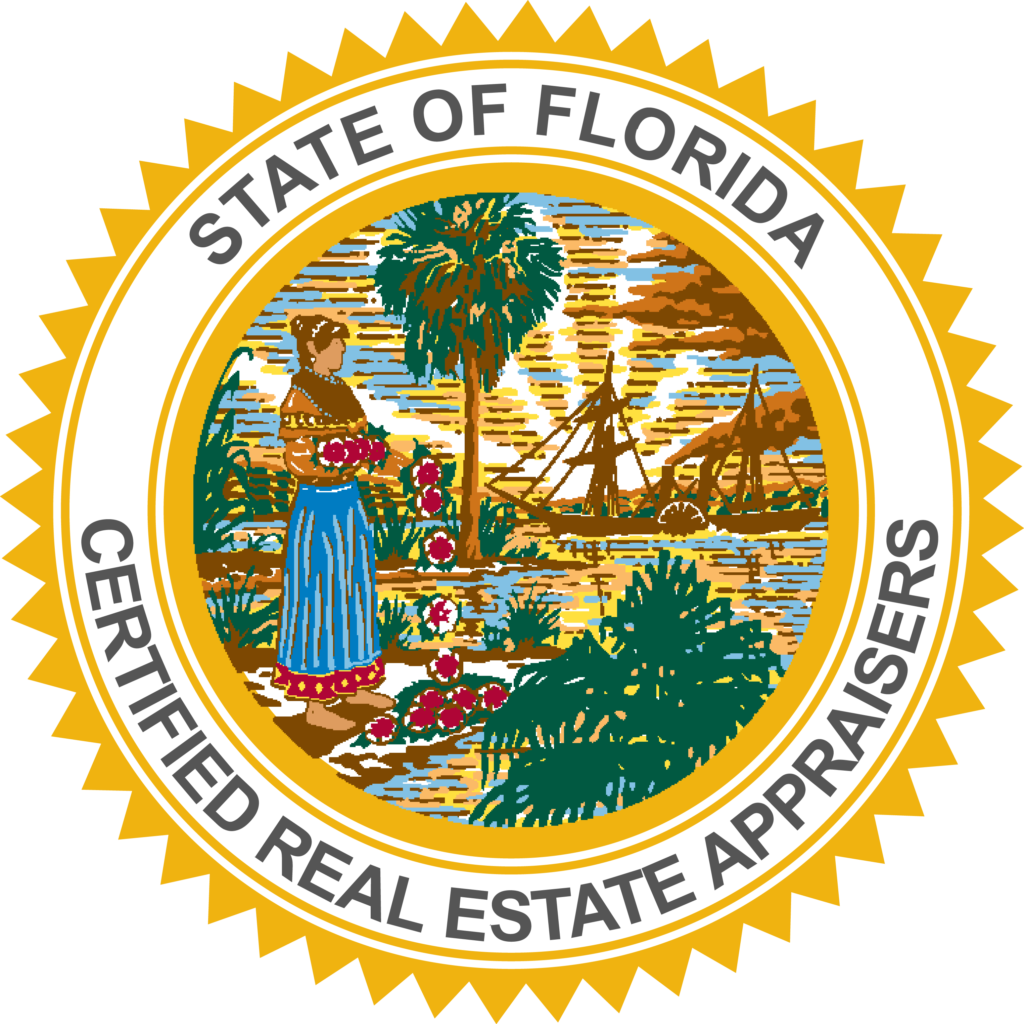When Are Appraisals Needed?
Sale to a relative
Partitioning an estate among the heirs or beneficiaries
Sale to a non-relative
Prior to listing the home for sale
Partial interest (typically income property)
Federal or state estate tax returns
Gifts and gift trusts
Determining the basis for capital gains tax

Who Needs These Appraisals?
Family members and/or beneficiaries
Attorneys
Executors And Administrators
Accountants And Enrolled Agents
Gift Trusts
Trustees
Who Does The Appraisals?
If there is no estate tax liability, usually because of the marital deduction or the unified credit, often an appraisal from a certified appraiser is used.

* Warning *
Date Of Value And Retrospective Appraisals And The IRS
The executor can choose either the date of death, or an alternative valuation date.
If challenged by the IRS, an appraisal must be properly supported by credible research and conclusions.
If an audit is anticipated, many attorneys and accountants prefer to use a licensed or certified appraiser, plus possibly a second opinion by another appraiser. An appraiser with superior credentials and methodology and local experience is preferred as the tax court and circuit courts often look to the best appraisal done by the most competent appraiser rather than “splitting the difference.”
Low Vs. High Values
Executors often ask that the value be “kept low,” presumably to minimize estate taxes. But the tradeoff is a higher tax basis. If the gross value of the estate is well under $600,000 and the beneficiaries plan on keeping the property, a higher value to get a larger stepped up basis may be more advantageous. For example, a property is valued at $300,000, rather than $275,000, and is sold 5 years later for $400,000. The taxable gain would be $100,000 if previously appraised at $300,000 and $125,000 if previously appraised at $275,000.
Many people are unaware of the stepped-up basis and are surprised later when they sell the property several years (or more) after inheriting it. For owner occupied homes there is often justification for a value at the low end. Many are sold “as is,” may be subject to probate requirements like overbids in probate court and need work. There are substantial penalties for significant over- or under-valuations.

Gifts
Whenever there is a gift, the value needs to be determined.
$10,000 per year can be given to each child as a non-taxable gift. The gifts are usually cash but can be an undivided interest in real estate. A family limited partnership can be set up to make the $10,000 per year gifts.
If the person can afford it, there is a one-time $600,000 gift exemption that freezes the value of the property for estate tax purposes. It is very useful for property that is expected to appreciate. For example, the person owns two properties: a $600,000 home in a popular upscale neighborhood, and a $600,000 ranch in a remote area. Assuming the home will appreciate more.

Date Of Value And Retrospective Appraisals
The executor can choose either the date of death, or an alternative valuation date.
If the property is held in joint tenancy and an estate tax return is not filed, an appraisal may not be done at the time of the death of the first joint tenant. Later, when the surviving joint tenant (typically the spouse) dies, the estate needs to establish the basis as of the date of the death of the first joint tenant. This may be many years later.
Executors And Administrators
The executor sometimes needs values to partition an estate. For example, the decedent has two children, one gets the house and the other gets the stocks, but the estate is to be divided equally between them.
Sometimes the beneficiaries can’t agree on ‘how much they can get’ from the property. One of them may not trust real estate agents and think they ‘will try to list it low.’ The executor gets an appraisal.
If a relative or a private party wants to purchase the property from the estate, the executor will probably want an appraisal as part of his or her fiduciary duty.

Federal Estate Taxes
If the fair market value of the gross estate is over $600,000 (one person) (1999 NOTE: this limit increases every year), an estate tax return must be filed. Attorneys we spoke with said this often triggers one or more appraisals for each property, as these returns have a very high audit rate. Improper valuations can have high penalties.
Every Federal estate tax return is hand screened by experienced estate tax examiners to be classified for audit. The overall audit rate is approximately 20 percent for federal estate tax returns, almost 10 times the audit rate for income tax returns.
Tax rates are from a low of 37 percent to a high of 55 percent. A 20 percent penalty applies to overvaluations (trying to get the basis as high as possible) where the correct value or adjusted basis of any property claimed on a return is 200 percent or more of the correct value. An overstatement of 400 percent of the correct value has a 40 percent penalty.
A 20 percent estate tax penalty applies for estate gift tax understated valuations, if the value is 50 percent or less of the correct value. If 25 percent or less of the correct value, a 40 percent penalty applies.
The IRS’s examiner’s handbook says that they should request copies of appraisals done within five years of the death and copies of listing information on the subject property within three years of the death.
Schedule Your Property Appraisal Today
Please Fill out the form below and we will get in touch shortly to schedule your appraisal
Your information is 100% secure and will never be shared with anyone


